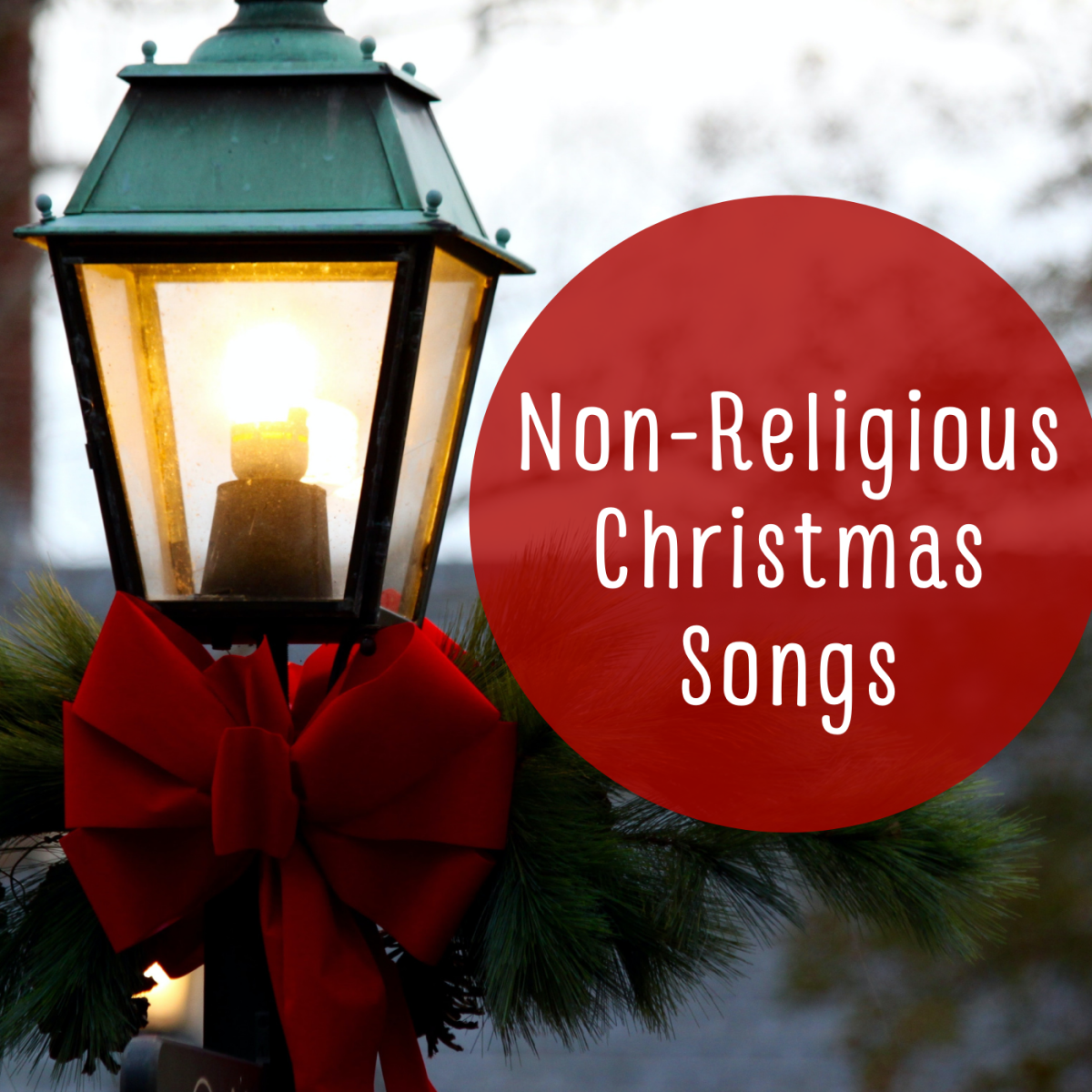
As the winter season approaches, people around the world begin to prepare for various holidays and celebrations. While Christmas is a widely recognized holiday, there are several other non-Christian holidays that take place around the same time. These holidays offer a glimpse into the diverse cultural and religious traditions that exist globally.
Winter Solstice Celebrations

The winter solstice, which typically falls on December 21 or 22 in the Northern Hemisphere, marks the shortest day of the year. Many ancient cultures celebrated this occasion as a time of renewal and rebirth. While not directly related to Christmas, some of these winter solstice celebrations have evolved into unique holidays.
Yule (Winter Solstice)
Yule, also known as Winter Solstice, is a significant holiday in many pagan and Wiccan traditions. It marks the beginning of the lengthening of days and is often celebrated with feasting, singing, and bonfires. Some people also decorate their homes with evergreen branches, holly, and mistletoe, symbolizing life and fertility during the cold winter months.Hanukkah (Festival of Lights)

Hanukkah, also known as the Festival of Lights, is a significant holiday in the Jewish calendar. It commemorates the rededication of the Temple in Jerusalem during the Maccabean Revolt in the 2nd century BCE. The holiday is celebrated for eight days and nights, typically in late November or December, with the lighting of the Hanukkah menorah, exchanging gifts, and eating traditional foods such as latkes and sufganiyot (jelly donuts).
Kwanzaa
Kwanzaa is a week-long celebration honoring African American culture and heritage. It was created in 1966 by Maulana Karenga and is observed from December 26 to January 1. The holiday is centered around seven principles known as the Nguzo Saba, which are values of African culture such as unity, self-determination, and collective work and responsibility. Kwanzaa is celebrated with feasting, singing, and the exchange of gifts.Omisoka (Japanese New Year's Eve)

Omisoka, or Japanese New Year's Eve, is celebrated on December 31. It is a time for reflection, forgiveness, and new beginnings. Many people visit shrines and temples to pray for good luck, health, and happiness in the coming year. Traditional foods such as soba noodles, mochi, and herring roe are eaten during Omisoka.
Yalda (Winter Solstice in Iran)
Yalda, also known as Shab-e Yalda, is an ancient winter solstice celebration in Iran. It is observed on the longest night of the year, typically in late December. Families gather together to share food, stories, and poetry, and to celebrate the triumph of the sun over darkness. Traditional foods such as pomegranates, watermelon, and persimmons are eaten during Yalda.Las Posadas (Mexican Christmas Celebration)

Las Posadas, which translates to "The Inns," is a nine-day Mexican Christmas celebration that begins on December 16. It commemorates the journey of Mary and Joseph as they searched for a place to stay in Bethlehem. The celebration involves reenactments of the journey, processions, and the singing of traditional Christmas carols.
Bodhi Day (Buddhist Holiday)
Bodhi Day, also known as Rohatsu, is a Buddhist holiday that celebrates the enlightenment of Siddhartha Gautama, the founder of Buddhism. It is observed on December 8 and is a significant holiday in many Buddhist traditions. Buddhists around the world celebrate Bodhi Day by meditating, chanting, and reflecting on the teachings of the Buddha.



Gallery of Winter Solstice Celebrations
We hope this article has provided you with a deeper understanding of the diverse holidays and celebrations that take place around the world during the winter season. Whether you're interested in learning more about a specific holiday or simply want to appreciate the cultural richness of our global community, we encourage you to explore and learn more about these fascinating celebrations.
What is the significance of the winter solstice?
+The winter solstice marks the shortest day of the year and is often celebrated as a time of renewal and rebirth.
What is Hanukkah, and how is it celebrated?
+Hanukkah is a Jewish holiday that commemorates the rededication of the Temple in Jerusalem during the Maccabean Revolt. It is celebrated for eight days and nights with the lighting of the Hanukkah menorah, exchanging gifts, and eating traditional foods.
What is Kwanzaa, and what are its core principles?
+Kwanzaa is a week-long celebration honoring African American culture and heritage. Its core principles are the seven values of African culture known as the Nguzo Saba, which include unity, self-determination, and collective work and responsibility.